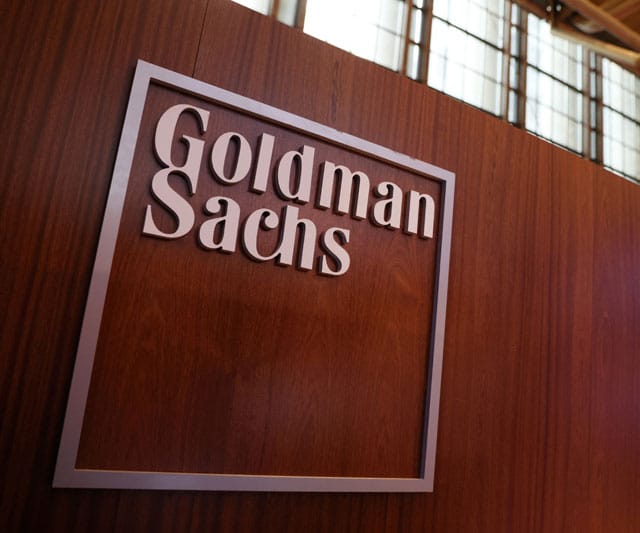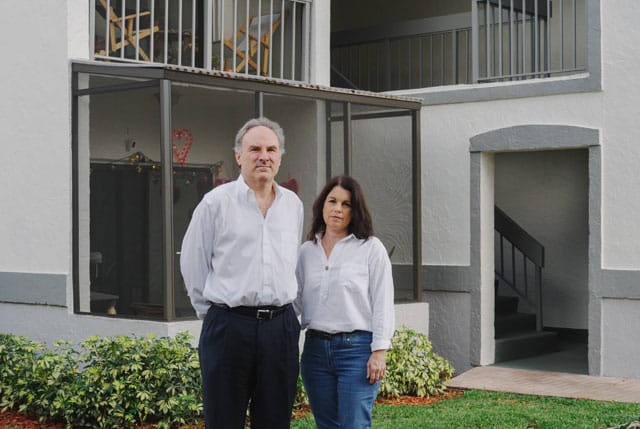Goldman Sachs is weighing the sale of a part of its wealth business, it said on Monday, as it shifts its focus back to serving the ultra-rich and away from high-net-worth clients in mass markets.
The Wall Street bank is evaluating alternatives for its registered investment adviser (RIA) unit, called Personal Financial Management (PFM), which manages about $29 billion, it said in a statement.
The shift in strategy comes after CEO David Solomon reorganized the firm into three units last year and scaled back ambitions for its consumer business, which lost $3 billion in the last three years.
Goldman is also pushing ahead with a sale of its fintech business, GreenSky, and has also offloaded the bulk of its unsecured consumer loans after it halted this kind of lending last year.
“This is part of the overall restructuring of the firm, back toward its roots,” said Stephen Biggar, an analyst at Argus Research.
“They’ve been unable to carve a path of profitability and scale” for the RIA, which catered to high-net-worth individuals in mass markets outside of Goldman’s core, ultra-wealthy clientele, Biggar said.
Goldman declined to comment on PFM’s earnings.
The company’s shares slipped 0.6% in afternoon trading, compared with the S&P index of bank stocks, which rose 0.2%.
Goldman bought RIA, formerly known as United Capital Financial Partners, for $750 million in 2019 when it managed about $25 billion in funds. The purchase was aimed at broadening Goldman’s client list beyond the ultra-rich, but the unit has remained a small part of the bank’s wealth business.
Goldman’s private wealth arm oversees $1 trillion in assets for ultra-high net worth clients, who have $60 million or more in investable assets. High net worth individuals – who would fall within the business Goldman is considering selling – typically have about $1 million to $10 million to invest.
Citywire RIA first reported on the possible sale. Citywire also reported Aug. 22 that a deal fell through for Osaic to buy the unit.
Goldman’s wealth business has lagged behind rivals, including Morgan Stanley, where CEO James Gorman built the wealth management arm through a series of acquisitions that generate steady income from fees.
Solomon has been under pressure to turn around Goldman’s fortunes after its profit sank 60% in the second quarter as writedowns on its consumer businesses and real estate investments weighed on earnings.
The bank plans to grow its core wealth business serving ultra-high-net-worth clients, reiterating aspirations from its investor day in late February. Other core wealth businesses include workplace financial planning through Ayco and Marcus savings, Goldman said.
U.S. banks compete to serve ultra-wealthy clients by providing brokerage, mortgage and other services, as well as estate and tax planning. Those activities tend to generate more stable revenues than volatile Wall Street operations, such as investment banking and trading, which are strongly linked to economic activity.
This article was provided by Reuters.







